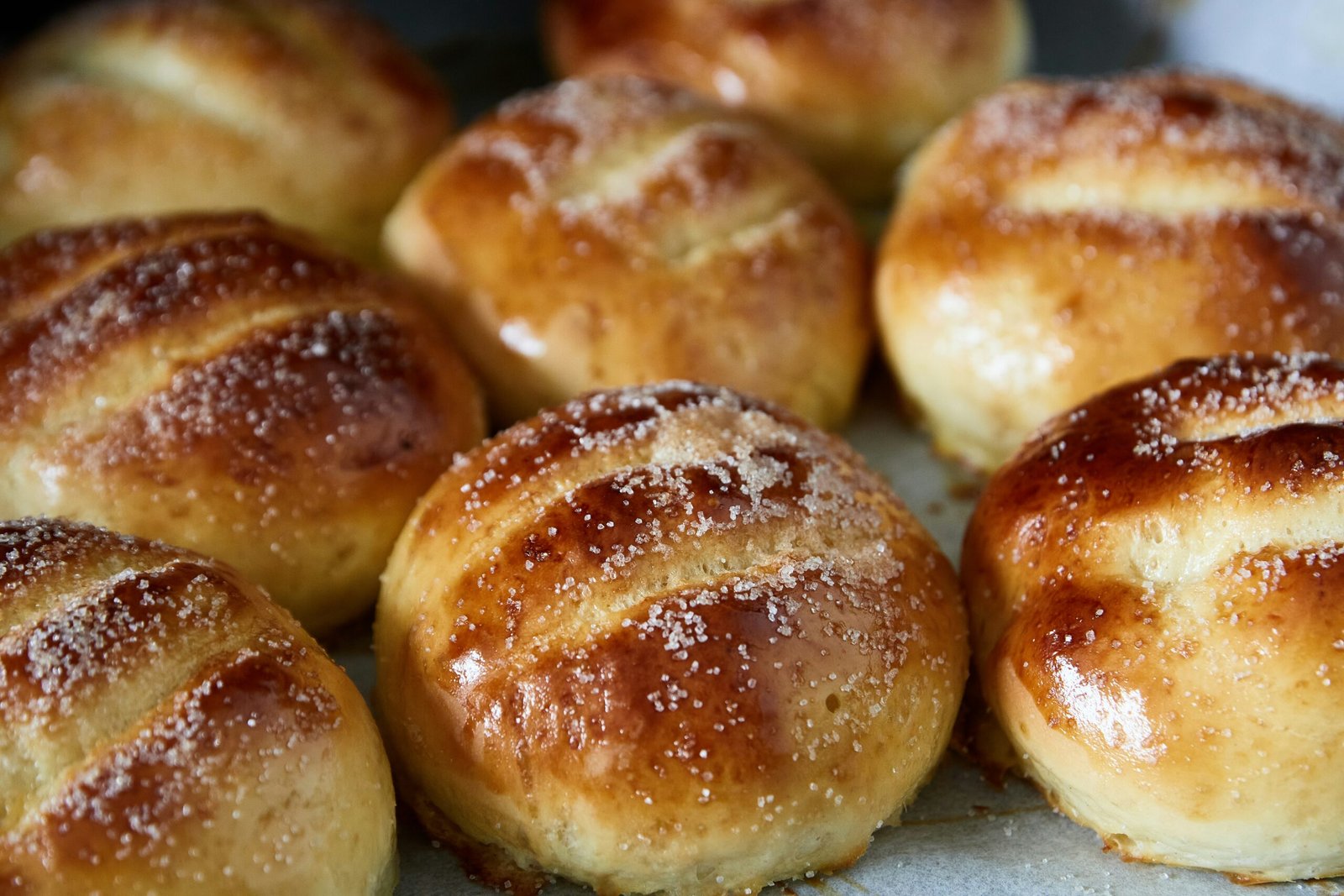The French Paradox: Unraveling the Mystery of the French Diet

Understanding the French Paradox
The French Paradox is an intriguing phenomenon that embodies the unique dietary habits and lifestyles of French citizens. This concept highlights how individuals in France manage to maintain a slim physique while indulging in a cuisine that is often rich in fats, including cheese, pastries, and creamy sauces. The juxtaposition of high caloric intake and low obesity rates poses a noteworthy question: how do the French achieve this balance?
One of the primary explanations for the French Paradox lies in the cultural approach to food. In France, meals are viewed as social events that should be savored and enjoyed. This contrasts sharply with more hurried dining practices found in other nations. The French often engage in leisurely meals, which encourages moderation and mindful eating. Additionally, portion sizes tend to be smaller than those typically seen in other Western diets. By consuming smaller amounts of food less frequently, the French can enjoy flavorful dishes without overwhelming their caloric intake.
Another contributing factor to this paradox is the incorporation of fresh, high-quality ingredients in French cuisine. The emphasis on fresh produce, quality dairy, and responsibly sourced meats allows for the creation of dishes that not only taste exquisite but also provide essential nutrients. The French methodology of cooking focuses on balancing flavors rather than excessive seasoning, fostering a natural enjoyment of food that may lead to healthier choices.
Moreover, lifestyle habits intrinsic to the French culture, such as regular physical activity and a balanced approach to food, further reinforce this paradigm. Walking, cycling, and engaging in outdoor activities are common, enhancing overall fitness. Consequently, these cultural and dietary habits come together to form a unique framework that may shed light on the enigma of the French Paradox. Understanding these intricacies sets the stage for a more comprehensive examination of the factors influencing health and weight in the broader context of dietary practices.
The Importance of Eating Rituals
The French diet is not solely defined by the foods consumed, but also by the rituals associated with eating. In France, meals are regarded as essential moments for enjoyment and connection, where taking the time to savor food is a cultural norm. This contrasts sharply with more rushed eating habits found in other countries, such as the UK or the USA, where meals are often consumed on-the-go or within tight time constraints. The French prioritize leisurely meals, which can extend for hours, allowing ample opportunity to engage in conversation and enjoy culinary delights.
The ritualistic nature of French meals transforms dining into a significant social interaction. Family and friends gather around the table, fostering a sense of community and reinforcing relationships. This aspect of the French dining experience is vital, as it emphasizes the pleasure of being present, offering an opportunity to disconnect from everyday distractions. Such gatherings promote mindfulness around food, contributing to improved digestion and overall satisfaction. These traditions underscore the importance placed on quality over quantity, as meals celebrate taste, texture, and aroma.
In essence, these eating rituals play a crucial role in understanding the overall French dietary approach. By valuing the act of eating as a communal and reflective experience, the French not only consume food but celebrate it, enriching both their physical and emotional well-being.
The Psychological Aspects of Eating
The relationship between mindfulness and eating behavior has garnered significant attention in recent years, especially in understanding the psychological factors that influence dietary practices. When individuals engage in eating while distracted—such as by watching television or multitasking—they often overlook critical satiation signals from their bodies. This lack of awareness can inadvertently lead to overeating, as people might consume more food than necessary without recognizing their body’s cues for fullness.
Research has shown that the act of being present during meals can lead to healthier eating habits and better weight management over time. For example, a study published in the journal “Appetite” found that individuals who focused on their meals were more likely to experience a greater sense of satisfaction and fewer cravings shortly after eating. This suggests that mindfulness—defined as the practice of being aware and present in the moment—can play a crucial role in regulating food intake by enhancing one’s awareness of hunger and satiety cues.
Moreover, mindful eating fosters a more profound appreciation for food, promoting a deeper connection between individuals and their meals. This awareness not only encourages slower eating habits but also allows for the savoring of flavors and textures, enhancing overall enjoyment. Such an approach has been linked to reduced emotional eating, making it particularly valuable for those struggling with dietary-related concerns.
In contrast, the contemporary lifestyle—with its emphasis on convenience and the prevalence of digital distractions—often hampers the ability to enjoy meals mindfully. This particularity highlights the importance of creating a conducive eating environment free from disturbances. By cultivating mindful eating practices, individuals can develop healthier relationships with their food and, ultimately, promote better overall well-being.
Practical Tips for Adopting French Eating Habits
To successfully adopt the French style of eating, it is essential to focus on a few key principles that characterize this approach. First, consider meal planning as a vital aspect of incorporating the French diet into your lifestyle. Take the time to prepare a weekly menu that includes fresh, seasonal ingredients. This not only allows for variety but also emphasizes the importance of quality over quantity. By opting for fresh produce, whole grains, and lean proteins, you can cultivate a healthier relationship with food.
Furthermore, creating a relaxed eating environment is crucial. In France, mealtimes are often viewed as an opportunity to savor food and enjoy companionship. To emulate this, set the table thoughtfully and eliminate distractions such as television and smartphones during meals. This promotes mindfulness and enhances your overall dining experience. Eating slowly and taking the time to appreciate the flavors on your plate can greatly shift your perspective on food, encouraging a more enjoyable and fulfilling eating experience.
Another aspect to consider is the importance of portion control. French meals tend to be smaller, yet more satisfying due to the focus on quality ingredients and presentation. Instead of large servings, aim to fill your plate with a variety of smaller portions, allowing you to enjoy different flavors without overindulgence. This practice not only encourages moderation but also aligns with the principle of savoring each bite.
Lastly, cultivate a mindful approach to eating by being aware of your hunger cues and eating only when you are truly hungry. This requires tuning into your body and understanding the difference between hunger and emotional eating. By emphasizing mindfulness, you can create a more positive and enriching relationship with food, ultimately enhancing your overall well-being while embracing the French ethos of dining.




Responses